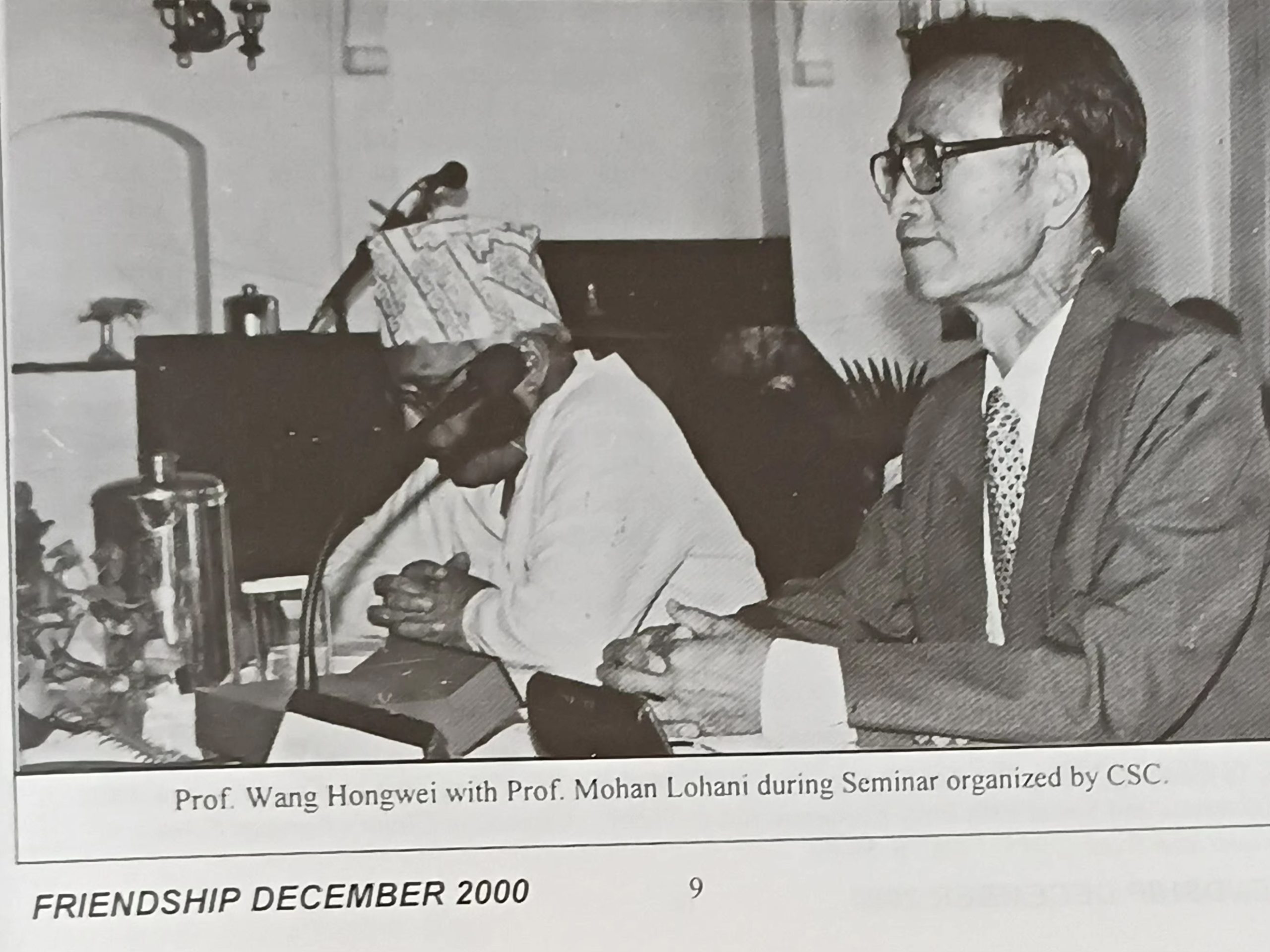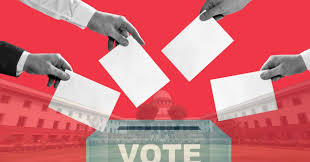
By Deepak Joshi Pokhrel.
Many political leaders across the globe have had the opportunity to rule their respective countries multiple times. Despite being in power on multiple occasions, they have failed to ensure governance, fulfil their commitment, and ensure effective service delivery. Our incumbent PM Oli is just one of them.
KP Sharma Oli became the Prime Minister for the fourth time in July 2024 after Prachanda failed to secure the House's confidence on June 12. President Ram Chandra Paudel called upon the parties to form the new government under Article 76 (2) of the constitution.
The largest party, Nepali Congress, and the second largest party, UML, in the parliament joined hands to form a coalition government under the leadership of Oli. This was one of the rare instances in Nepalese political history that the two political parties with historically and polar opposite ideologies joined hands to run the country, citing extraordinary circumstances, including constitutional amendments pertinent to electoral reforms.
Sadly, this was too much to ask for. More than a year has passed since the formation of the coalition government under the leadership of KP Oli. Yet, the commitments and promises made while forming the government still remain unfulfilled, massively triggering discontent among the people. The high voltage scam and corruption as a result of poor governance, ineffective service delivery, and grave violation of human rights are on display. Likewise, unemployment, the exodus of competent youth in search of better opportunities, nepotism, and favouritism stare us in the face.
While Oli celebrates his one-year anniversary as a PM for the fourth time, leading a coalition government, let’s comprehensively examine where he failed and failed miserably.
To start with, the electoral system has been the most debated issue among the experts and scholars across the country. Many attribute the political instability to the existing electoral system, saying it offers the political actors the opportunity to manipulate the democratic norms and principles for their personal advantage. Oli came to power, cashing in on this and vowed an immediate constitutional amendment to fix the flaws in the electoral system. This was the biggest lie he sold to the people, as over a year has passed since he assumed office. But this commitment largely remains unfulfilled.
On the governance front, the PM Oli-led government has been a complete setback. The high voltage scam and corruption as a result of poor governance have been the trademarks of his government. While Oli does not miss any opportunity to curb corruption in any gathering, there is a huge gap between his words and actions. Just a few months ago, the senior leader and Home Minister, Ramesh Lekhak, of Nepali Congress—a major coalition partner—was accused of being involved in a visit visa scam. There was massive criticism of the coalition government, blaming Oli for poor governance and institutionalising corruption in the country. The PM Oli-led government formed a committee to probe into the issue in response to the growing public outcry. But the committee’s credibility and legitimacy itself came under public wrath because it comprises the Home Secretary as one of its members.
Every year, a large number of competent and highly skilled youth migrate to foreign countries in search of better opportunities. The reason is that they do not get the job on par with their excellent academic background. While we witness an exodus of qualified and competent youth in search of green pastures, the people having political connections and affiliations are offered a plum position in every sector—be it NGOs, public, or private. The nepotism and favouritism still continue to thrive, though PM Oli has been uttering that he will prioritise meritocracy over nepotism. This is yet another area where Oli has been miserable.
The government’s foreign policy has drawn sharp criticism, particularly in managing Nepal’s delicate relationship with its immediate and emerging giants—China and India.
Given our strategic location, Oli needs to be very careful, as we cannot afford to please one completely, ignoring the other. Both are equally important for us in realising our rapid economic growth. To put it simply, Oli cannot afford to prioritise any particular neighbor China or India.
As if this was not enough, the Oli government was embroiled in controversy. The decision to remove Kulman Ghising—the widely popular head of the Nepal Electricity Authority—triggered a widespread backlash. There was a question over the political interference in public utilities.
Oli’s one-year term was also beset by protest and agitation. One of the significant protests was led by the Nepal Teachers Federation, demanding job security, better pay and benefits, and a new education bill that respects prior agreements. While the protest has subsided after an agreement with the agitating teachers. No one knows what the status of the agreement is—whether efforts are being made to walk the talk. Likewise, the other protest was led by pro-monarchy people demanding the restoration of the monarchy and revival of the Hindu state. The government was criticised for handling the protest in which two people were killed.
These are just a few failures on the part of the Oli-led government. There are several others. It will need volumes to highlight Oli’s government weaknesses and blunders over the period of a year. But what is very surprising is that the chief whip of UML, Mahesh Bartaula, claims that despite criticisms, the government performed above average.
However, Oli still has a year to demonstrate his abilities. Given his stature, he has the ability to transform challenges into opportunities. I wish him good luck for future endeavors.













Comments:
Leave a Reply